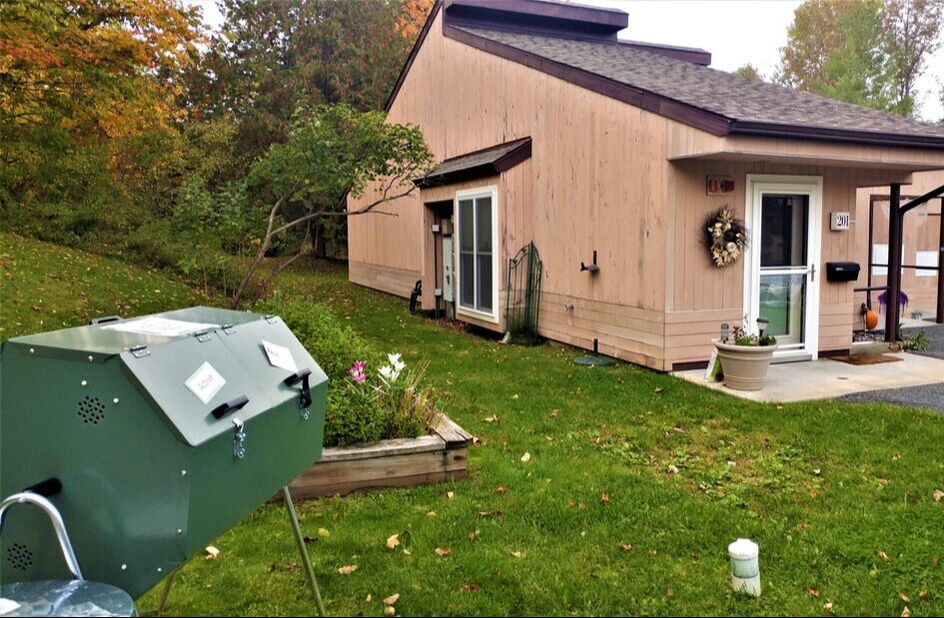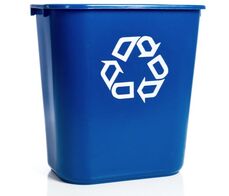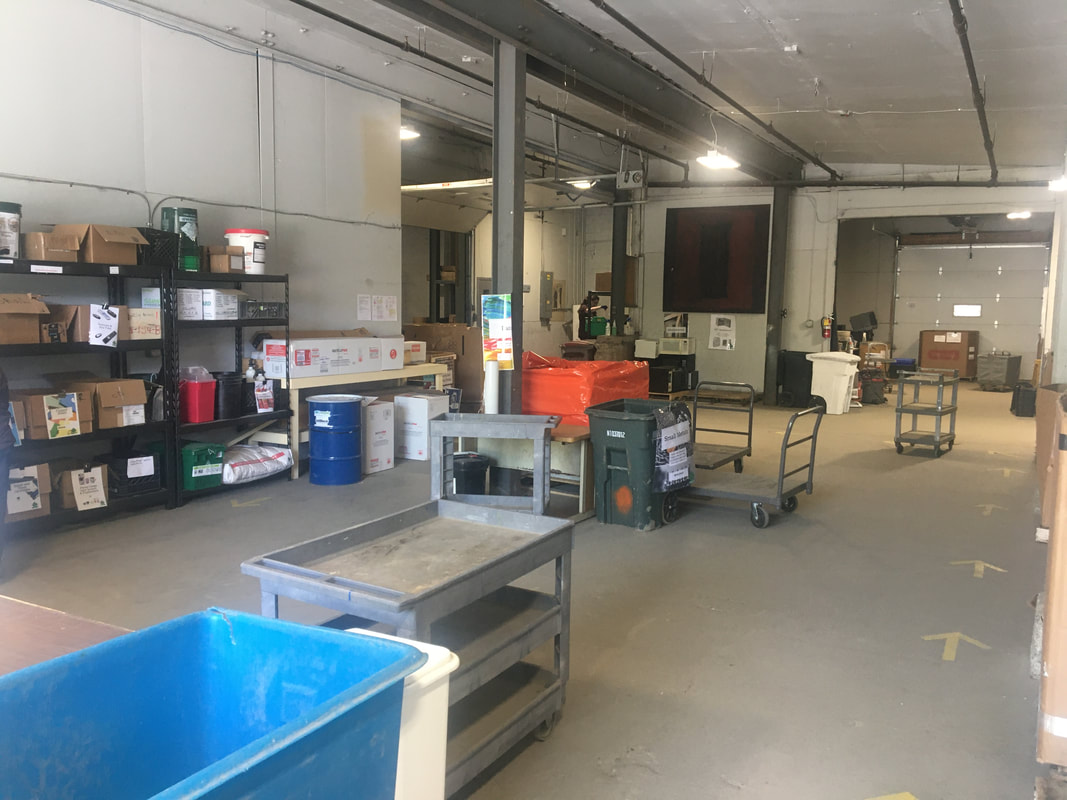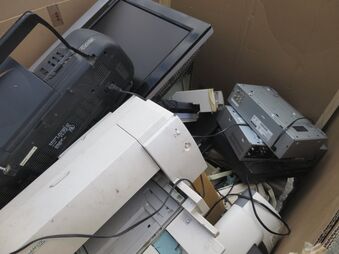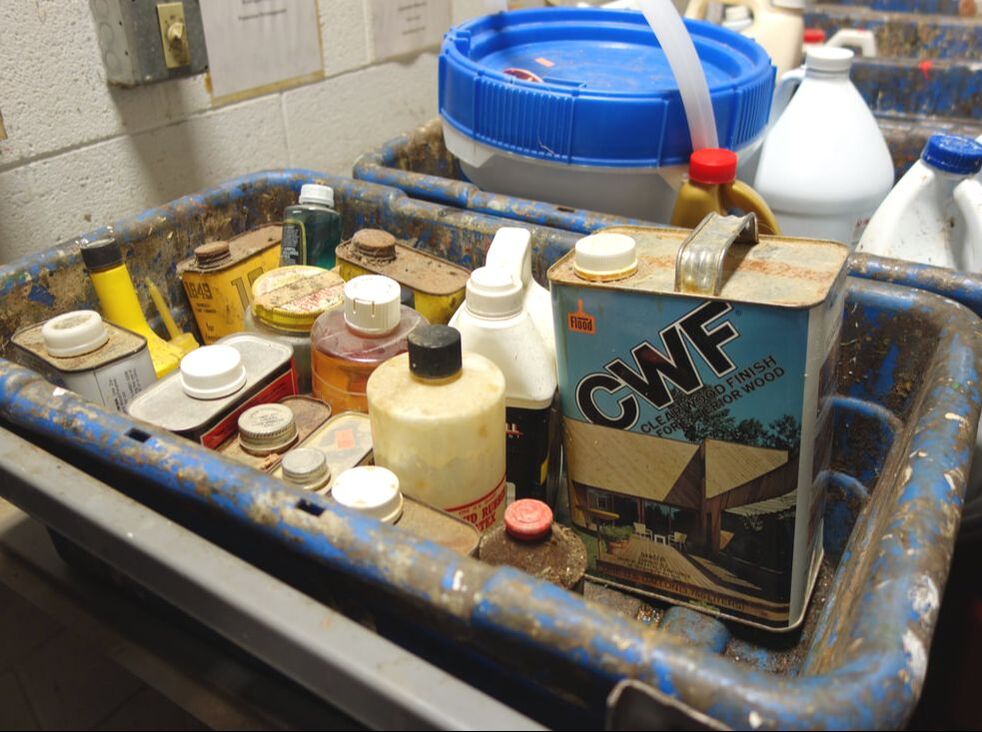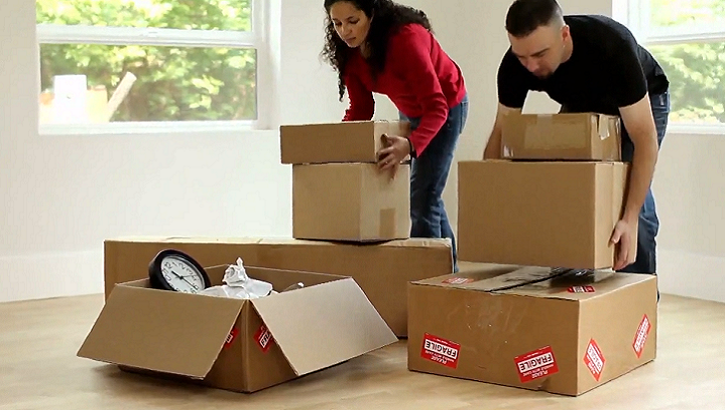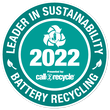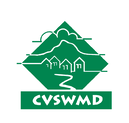A Renter's Guide to Recycling, Composting & Trash
Under the Vermont Rental Housing Code, your landlord is responsible for:
- Assure arrangements are made for the removal of food scraps
- Keeping common areas clean and free of waste
- Properly managing any additional waste outputs, such as fluorescent bulbs, batteries, paint, and cleaning chemicals
Composting: Your Options
|
First, check your lease or ask your landlord or property manager about managing food scraps. By July 1, 2020, all residents are required to divert food scraps away from the trash. What arrangements have they made?
If your lease says that you are in charge of managing your food scraps, you can:
|
Blue Bin RecyclingYour landlord must set up clearly-labeled receptacles to collect blue bin recyclables. CVSWMD offers free, downloadable signs:
|
Beyond the Blue Bin: Additional RecyclingBeyond blue bin recyclables, there are dozens of unique items - from cereal bags and batteries, to scrap metal and small household appliances! - that you can bring and sort at the Additional Recyclables Collection Center (ARCC) for recycling.
Fun fact: There are only a handful of facilities like the ARCC in the U.S. |
Special Recycling: Paint, Batteries, Bulbs, Computers, TVs, Monitors, Desktop Printers, Computer Peripherals (Mice, Speakers, Keyboards, etc.)These items can be recycled at no cost to you thanks to Vermont's Product Stewardship program. Drop them off at the Additional Recyclables Collection Center (ARCC) during open hours. Restrictions on quantities may apply. Learn more:
|
Household Hazardous Waste, Lead & Sharps, Rx
|
Managing waste during move-in and move-out
|
